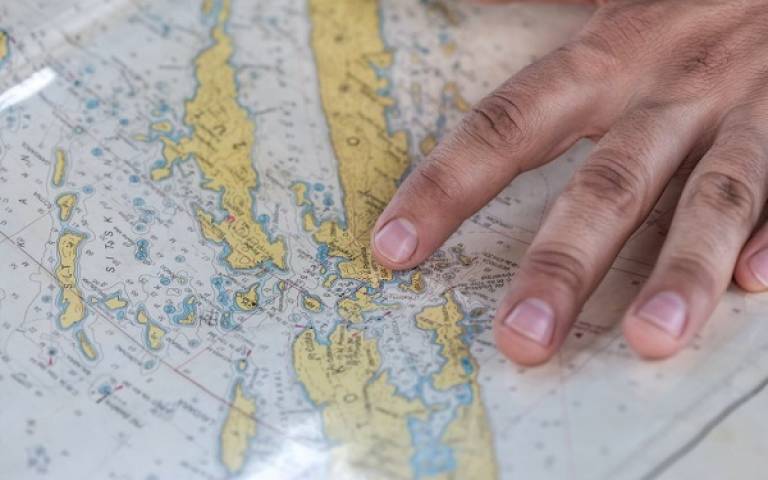What career should I take if I am interested in: Science, History, Geography & English?
...Will this change in the future, in the next 100, 50, 20 or even 10 years? Which language(s) may come to dominate in the future?

22 February 2021
Tapping into your passions, interests and skills (and deepening and extending them throughout your life) is a great way to develop a career path that is exciting and personally fulfilling, so you’re off to a great start already!
I immediately wondered if your passion for Geography and English had led you to consider a career in journalism, perhaps specifically, travel-related or documentary-based? Think about how some historical knowledge, as well as understandings of science, might easily be of real use and relevance when reporting too (whether from abroad as a ‘foreign correspondent’ or closer to home working in consumer affairs/news etc.). It’s worth noting how important communication skills are, across all manner of career sectors and jobs, and especially if you have a people-facing role. It’s also easy to forget that there are many ‘behind the scenes’ roles in media and broadcasting too (sound, lighting, camera, editing, producing, directing etc.), as well as ‘digital content’ meaning many internet-led roles: spending some time researching which publishing/media companies produce content that you enjoy and matches your interests and passions is a good way to exploring what careers they offer (e.g. it seems like National Geographic would be a great match for you, for example!).
Consider also how you might define these subjects, e.g. we could say that Geography as a subject is about exploring the people, features and landscapes of the Earth; History might be described as the study of human past (including the discovery, collection, organization, and communication of information about past events); Science as the understanding and explaining of the world around you: with these brief definitions in mind, it’s possible to start seeing connecting points between them.
Job roles such as a cartographer (researching and collecting information about the geography of a place/site to design and produce maps, plans and charts) or Geologist/Geoscientist (researching the structure and formation of the Earth and analysing physical materials such as rocks and soil to explore natural mineral and energy resources) for example, combine knowledge and skills in Geography, History, English and Science when we consider what the roles involves (with an emphasis on Geography/Science). Roles such as Marine engineer (designing, building, testing and repairing sea and underwater crafts, offshore platforms and drilling equipment), Palaeontologist (studying the history of life on Earth through fossils) or Robotics engineer (researching, designing and building machines to perform automated jobs for manufacturing, health and social care, aerospace or medicine, for example) similarly combine the subjects you’ve listed with an emphasis on Science.
In fact, once you start to explore career paths which feature the subjects you’re interested in, it becomes clear that many roles already combine a range of subjects and disciplines, so your interdisciplinary mind-set bodes well for your future! Government and public services (e.g. town planning, green space management) or jobs in the health and social care sector or the transport industry might all require a knowledge of the mix of subjects that you say you enjoy too.
Mixing and matching subjects and interdisciplinary thinking is at the heart of the Arts and Sciences (BASc) degree programme at UCL, so be aware that it’s also possible to study a range of subjects and disciplinary fields at university too. Good luck!
 Close
Close


